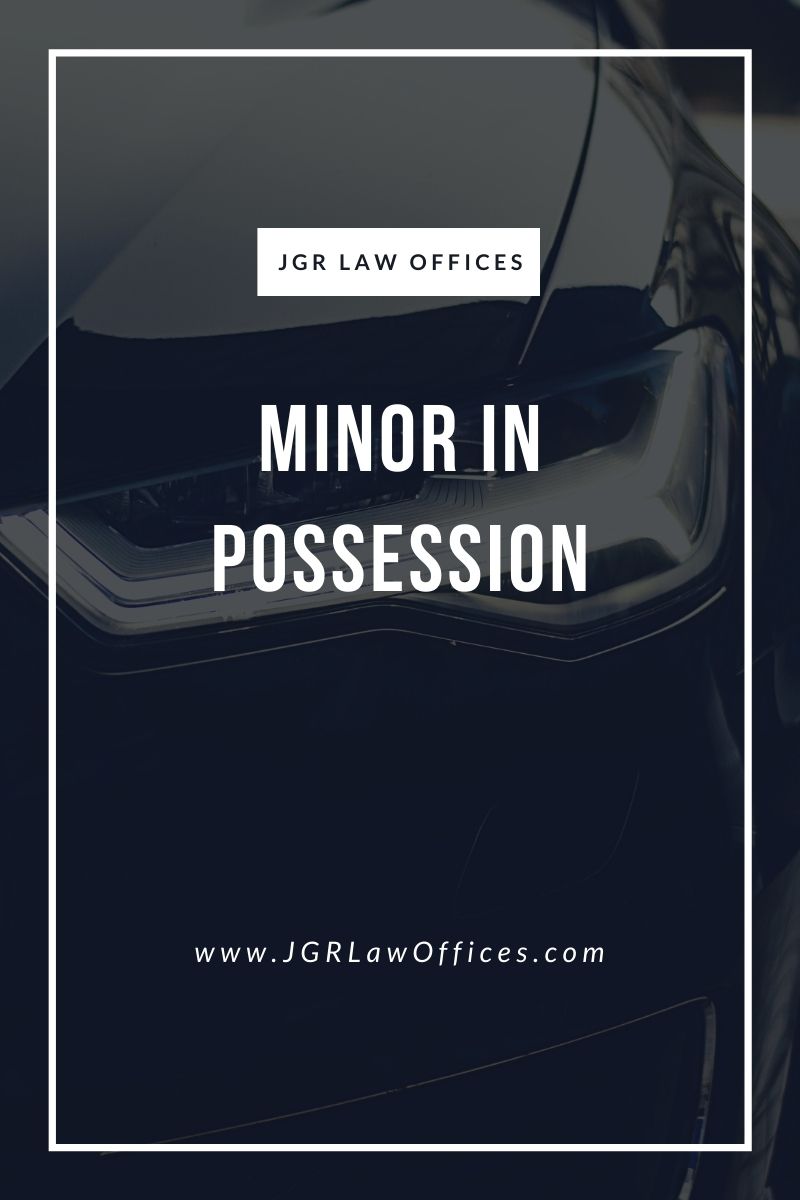Table of Contents
ToggleMinor in Possession (MIP).
MIP (Minor in Possession) is when a minor has alcohol in her possession or is showing the effects of drinking alcohol. These charges are usually brought on by officers who call for an underage party or conduct a traffic stop when there is alcohol in the vehicle. If the crime occurred within the city limits, the State of Washington or a City will bring the criminal case against the defendant.
RCW 66.44.270 governs minor in possession charges. It says:
(2)(a) It is unlawful for any person under the age of twenty-one years to possess, consume, or otherwise acquire any liquor. A violation of this subsection is a gross misdemeanor punishable as provided for in chapter 9A.20 RCW.
(b) It is unlawful for a person under the age of twenty-one years to be in a public place, or to be in a motor vehicle in a public place, while exhibiting the effects of having consumed liquor. For purposes of this subsection, exhibiting the effects of having consumed liquor means that a person has the odor of liquor on his or her breath and either: (i) Is in possession of or close proximity to a container that has or recently had liquor in it; or (ii) by speech, manner, appearance, behavior, lack of coordination, or otherwise, exhibits that he or she is under the influence of liquor.
Although the Statute sounds simple, many Washington State cases have impeded the Prosecution from convicting minors on these charges. The definition of “possession” is so specific that a minor can no longer possess alcohol once they have consumed it. They can no longer control the alcohol once it is consumed. Therefore, they are no longer in “possession”.
There are positive ways to resolve a minor in possession charge
Because they are misdemeanors, Minor In Possession cases can be handled by District and Municipal Courts. Because they are handled by these lower Courts, there are other options than going to trial and pleading guilty to a MIP case.
Pre-Trial Diversion Agreements are common in most jurisdictions. These agreements are basically a contract between the Defendant or the Prosecuting Authority. This type of Diversion Agreement does not give a defendant a sentence. The Court approves the contract between the parties (the Prosecutor and the Defendant). The MIP charge will be dismissed if the defendant follows the terms of the contract. The case is continued for a lengthy period of time before being dismissed. If all terms have been met, there will never be a conviction.
A defendant can always go to trial if they do not wish to resolve the matter via a Diversion. A defendant can ask the Prosecutor for proof beyond reasonable doubt of every MIP charge.
Defenses to MIP
If the case is brought to trial, the defendant can also assert several defenses against the charge of Minor in Possession. The defendant can assert the following defenses:
They have already consumed the alcohol and are not allowed to possess it.
These defenses are not all that common, but they do make it easier to present a defense for pre-trial motions and trials. You can also argue other defenses at trial, such as ignorance, intent, or positive identification.
Collateral Consequences Of MIP
Although MIP may not sound like the most serious crime, there are good reasons to fight for a conviction. A minor who is convicted of MIP will lose their license and face possible jail time. A minor may also be prohibited from moving away to attend the college or work they choose. Even though it may seem like a minor charge, the consequences can have a significant impact on a young person’s life. A successful MIP defense requires an experienced criminal defense lawyer to be involved early.
